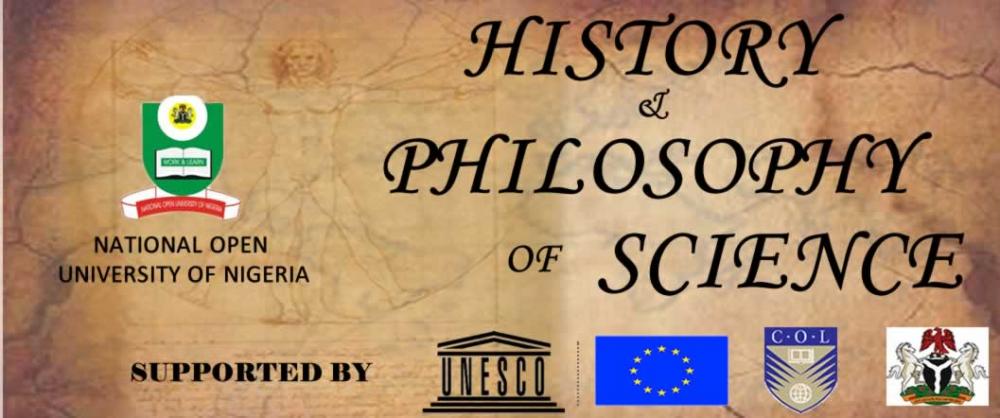History & Philosophy of Science

Course Description
The word ‘science’ probably brings to mind many different terms: One may ask, is it Chemistry, Biology, Physics or Mathematics? It may also conjure up many pictures in your mind: a white lab coat and microscope, a fat textbook with complicated designs, Einstein's equations scribbled on a chalkboard.Sure, all of those images reflect some aspect of science, but none of them provides a full picture because science has so many facets.
The history of science is the study of the development of science as well as scientific knowledge, and this includes both natural and social sciences. Also, the philosophy of science is concerned with the foundations, methods, and implications of science. This course will broaden your perspective on science, its history, and philosophy.
Course Contents
Course Objectives
On successful completion of this course, you will be able to:
-
analyze acurately the nature of science
-
describe the process of scientific research
-
recognize and relate the laws of nature to everyday life
-
discuss vividly the origin of science in everyday life
-
specify the events that gave impetus to the rise of modern science
-
analyze the fundamental principles and methods of science
-
identify the advances obtained in science in the twentieth century
-
identify the relationship between science and technology and highlight their uses
-
discuss the various viewpoints on the origin of man
-
Identify great scientists of Nigerian origin.
Who should participate in this course?
All interested learners are welcome
Course Content
Week 1: Nature of science and scientific methods
Week 2: Nature and scope of philosophy of science/origin of Western science
Week 3: Science in the middle ages and the rise of modern science
Week 4: The 20th century scientific revolution
Week 5: Social implication of technological development/Great scientists of Nigerian origin
Copyright 2022· All rights reserved
Designed by Zymphonies

